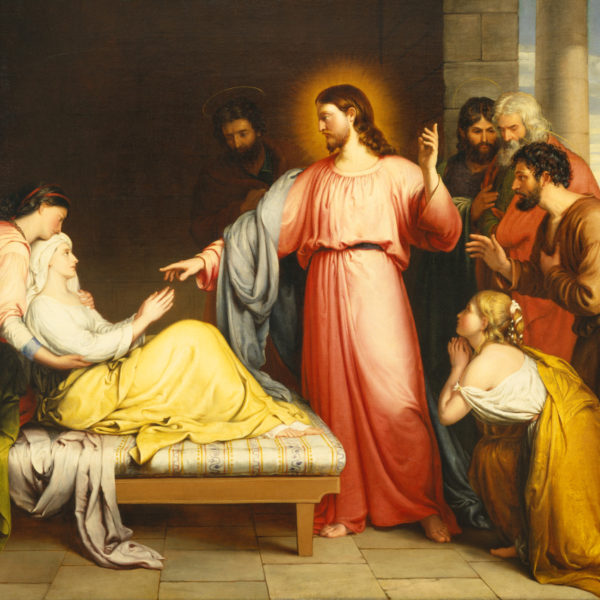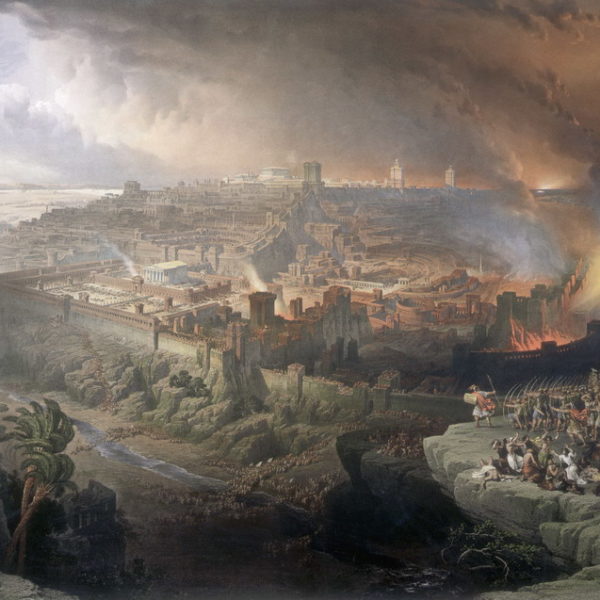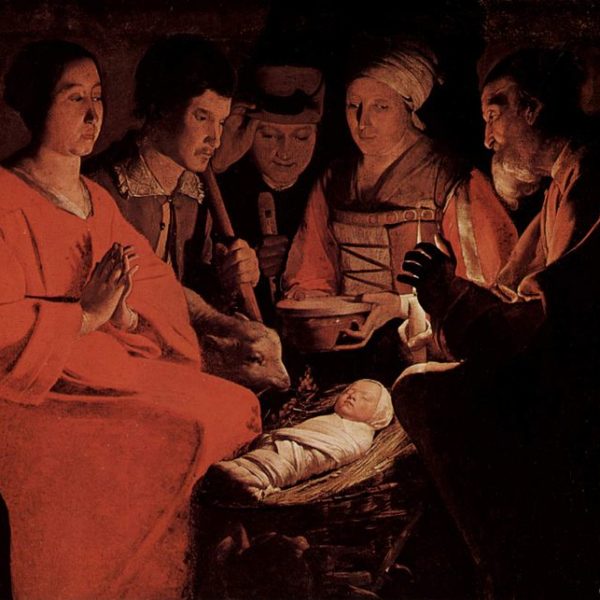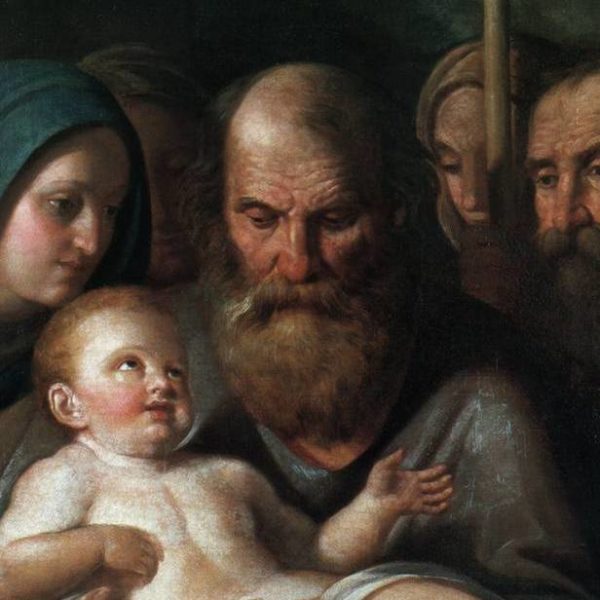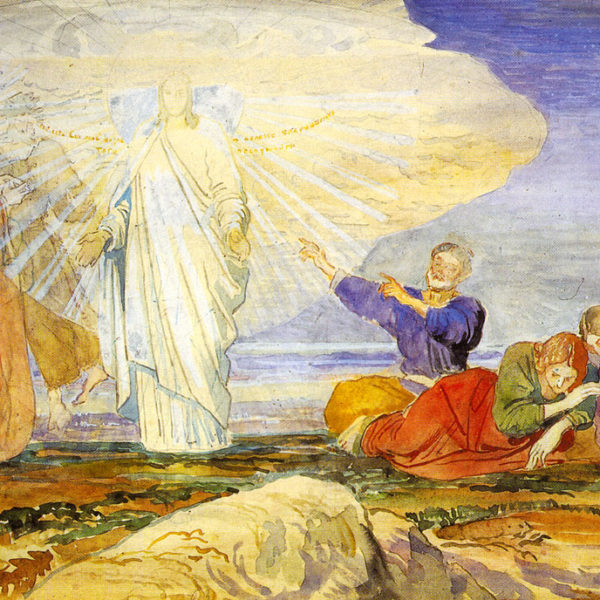
In the narrative of Mark’s gospel, Jesus’ journey to his cross in Jerusalem is interrupted by the incredible event of his Transfiguration. Peter’s rush to speech is characteristic of our frequent over-reliance upon words to process and respond to things that demand our silence and our wonder.

Paul’s teaching about the manner in which love for weaker brethren should guide behavior when considering eating food sacrificed to idols provides principles that remain relevant, long after the issue that provoked their articulation. The role that politics and the state play in contemporary forms of idolatry suggests analogies that can be drawn between the responsibilities of first century Corinthians and our own.
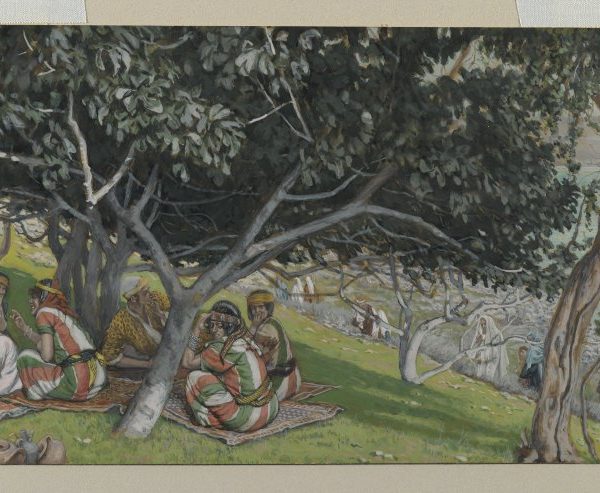
Jesus’ calling of Nathanael in John 1 illustrates the way in which God’s vision of us precedes our own. The primacy of God’s vision has implications for our politics and economics, unsettling our assumption that the world is measured and determined by our sight and valuation.
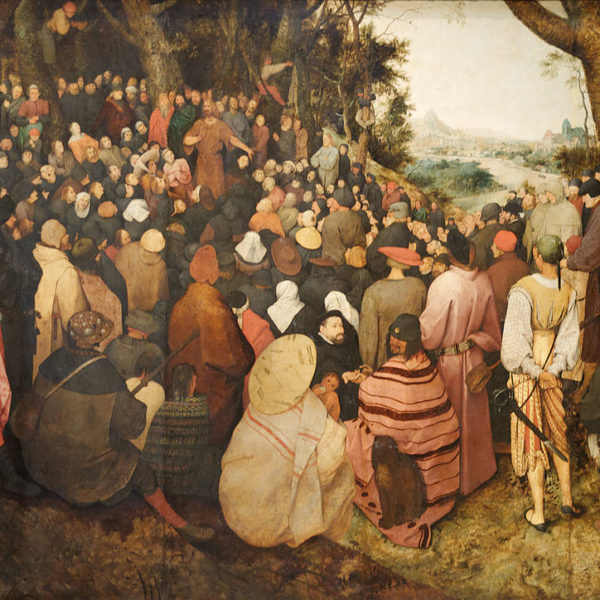
At moments of crisis, it can be the responsibility of committed individuals to secure and represent the self-understanding of the community or nation to which they belong, to provide the seed from which the entire social body can be renewed. Within easily neglected political dimensions of the baptism of John we may be recalled to our potential and vocation as political individuals in this regard.

Righteous Joseph does not publicly shame his fiancée Mary, breaking with common practice in an honor and shame culture. The angel that appears to him calls him to take a further step, to assume the role of father to Mary’s curious child.
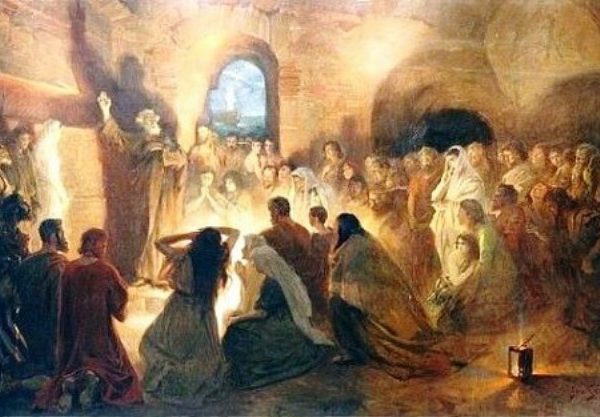
The Apostle Peter calls for the virtues of patience and peace in our waiting for the eschaton. At face value, these virtues might appear more congruent with an apolitical complacency. However, closer reflection reveals that they involve both the work of bringing peace and commitment to works of anticipation.
